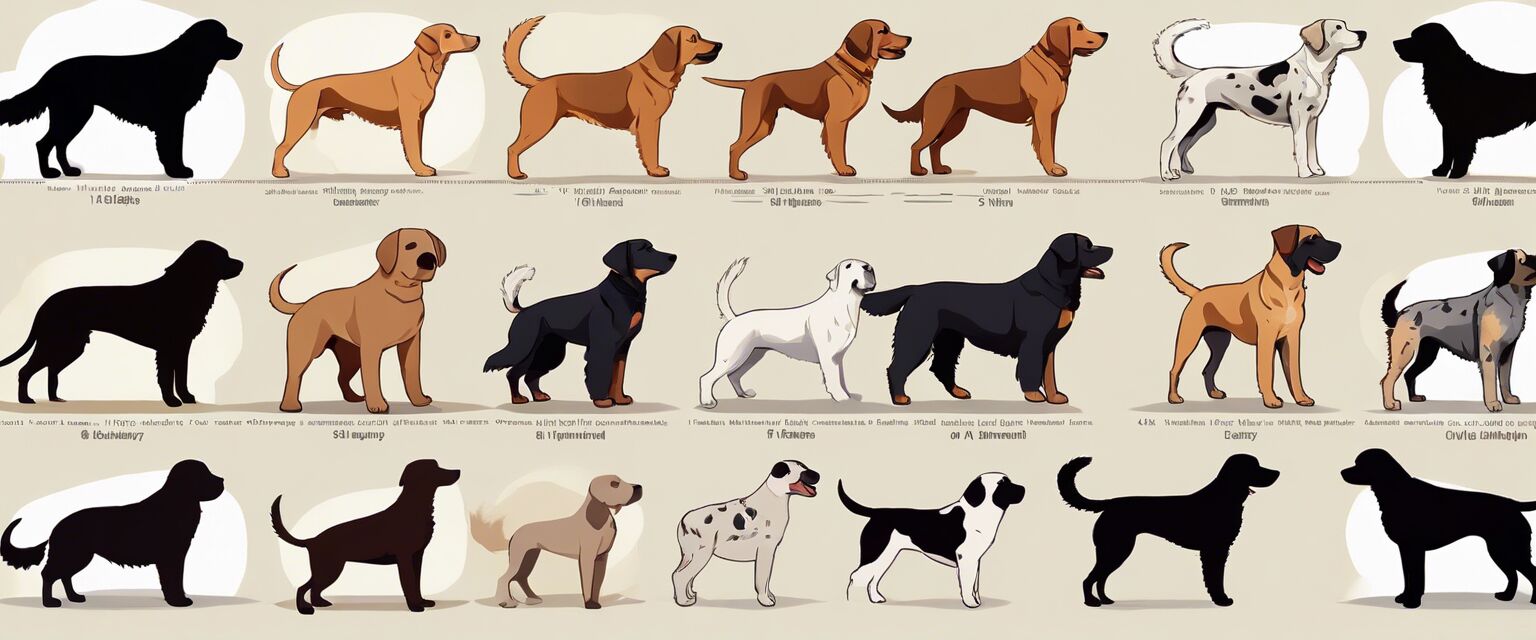
Dog Vaccinations: Essential guide to important vaccinations for dogs and their schedules
Key Takeaways
- Vaccinations are vital for your dog's health and protection against diseases.
- There are core and non-core vaccines that every dog should receive.
- Vaccination schedules vary based on age, lifestyle, and health status.
- Regular vet check-ups are essential to keep your dog's vaccinations up-to-date.
Vaccination is a crucial aspect of your dog's health care. Just like humans, dogs need vaccinations to protect them from various diseases that can be life-threatening. In this comprehensive guide, we will cover the essential vaccinations for dogs, their schedules, and what you need to know to keep your furry friend healthy and happy.
Importance of dog vaccinations
Vaccinations play a significant role in preventing diseases, ensuring your dog lives a long and healthy life. By keeping your dog vaccinated, you not only protect them but also help prevent the spread of diseases to other pets and even humans. Here's why vaccinations are important:
- Builds immunity against serious diseases
- Protects vulnerable populations (like puppies and elderly dogs)
- Reduces healthcare costs in the long run
- Some boarding facilities and dog parks require proof of vaccinations
Core and non-core vaccinations
Vaccines are categorized into two main groups: core and non-core vaccines. Understanding the difference between them is essential for your dog's health.
| Type | Vaccinations | Recommended for |
|---|---|---|
| Core Vaccines | DAPP (Distemper, Adenovirus, Parvovirus, Parainfluenza), Rabies | All dogs, regardless of lifestyle |
| Non-Core Vaccines | Bordetella, Lyme, Leptospirosis | At-risk dogs based on lifestyle and environment |
Vaccination schedule
Following a proper vaccination schedule is critical to ensure your dog's health. Here's a typical vaccination schedule for puppies and adult dogs:
| Age | Core Vaccinations | Non-Core Vaccinations |
|---|---|---|
| 6-8 weeks | DAPP #1 | Bordetella (if at risk) |
| 10-12 weeks | DAPP #2 | Lyme (if at risk) |
| 14-16 weeks | DAPP #3, Rabies | Leptospirosis (if at risk) |
| 1 year and older | DAPP booster (every 1-3 years), Rabies booster | Booster shots as needed based on risk |
Consulting your veterinarian
Every dog is unique, and their vaccination needs may vary based on factors like age, health status, and lifestyle. Regular consultations with your veterinarian can help determine the best vaccination plan for your dog. They can provide guidance on:
- Assessing your dogâs health
- Identifying potential risks based on your environment
- Keeping track of vaccination records
Side effects of vaccinations
While vaccinations are generally safe, some dogs may experience mild side effects such as:
- Fever
- Loss of appetite
- Swelling at the injection site
Serious side effects are rare but can occur. Always monitor your dog after vaccination and consult your vet if you notice any unusual behavior.
FAQs about dog vaccinations
How often do dogs need vaccinations?
Core vaccines are typically administered every 1-3 years, while non-core vaccines may need annual boosters depending on your dog's risk factors.
Can vaccinations cause illness?
Vaccines can cause mild side effects, but they are designed to stimulate an immune response, not to cause disease. Serious reactions are extremely rare.
What if I miss a vaccination appointment?
Contact your veterinarian to reschedule. Itâs essential to keep vaccinations up-to-date to ensure your dogâs health.
Conclusion
Vaccinations are a fundamental part of your dog's health care. By keeping your dogâs vaccinations current, you are ensuring a long and healthy life for them. Always consult with your veterinarian for a personalized vaccination schedule and to address any concerns you may have.
Pros
- Protects against serious diseases
- Helps keep other pets healthy
- May be required for certain activities
- Cost-effective preventive measure
Cons
- Possible mild side effects
- Some vaccines may not be necessary for all dogs
- Requires regular vet visits
Tips for dog owners
- Keep a record of your dog's vaccinations.
- Set reminders for upcoming vaccination appointments.
- Discuss any concerns with your vet before vaccinations.
- Consider your dog's lifestyle when choosing non-core vaccines.
For more information on keeping your dog healthy, check out our other articles on Health & Wellness, Nutrition & Diet, and Exercise & Training.
Remember, a healthy dog is a happy dog!








